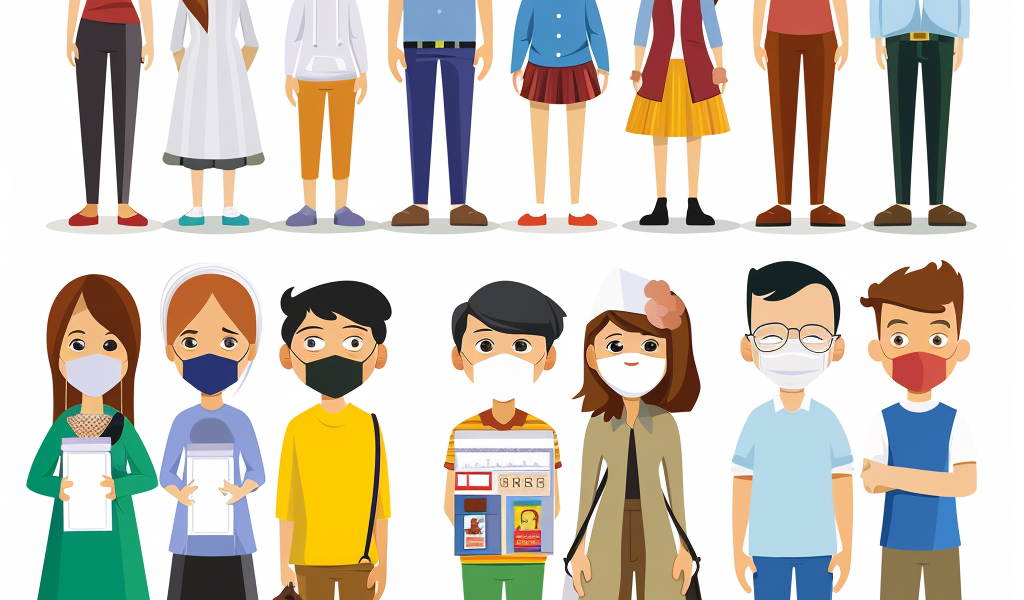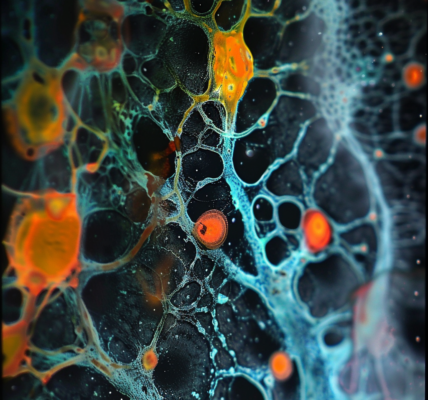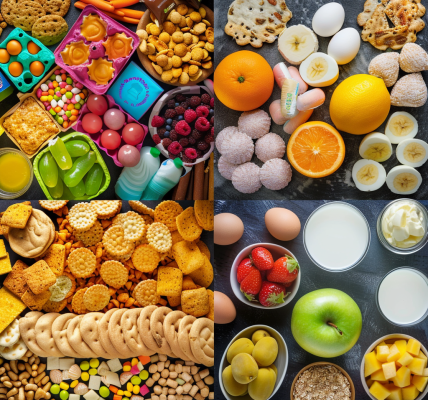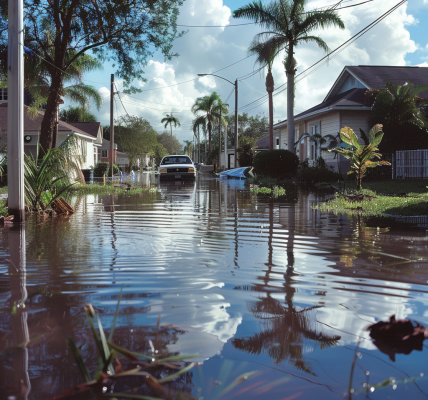As the Covid-19 pandemic continues to evolve, understanding the risk of reinfection has become increasingly important. With the emergence of the JN.1 variant, which currently accounts for about 93 percent of cases nationwide, the level of protection offered by previous infection or vaccination is being called into question.
According to data from the Centers for Disease Control and Prevention, the dominance of the JN.1 variant provides insight into the risk of reinfection for many individuals. For those who were infected over the summer or received the updated vaccine in the fall, it is crucial to understand the level of protection they currently have.
While having had Covid during the summer may provide some level of protection against reinfection, it does not guarantee immunity. Factors such as vaccination history, underlying medical conditions, and age can all influence an individual’s level of protection. Those who are 65 and older, immunocompromised, or have underlying medical conditions are generally at greater risk of reinfection.
The ongoing evolution of the pandemic underscores the need for individuals to stay informed about the latest guidance and recommendations from health authorities. As the situation continues to develop, it is important to remain vigilant and prioritize health and safety.





